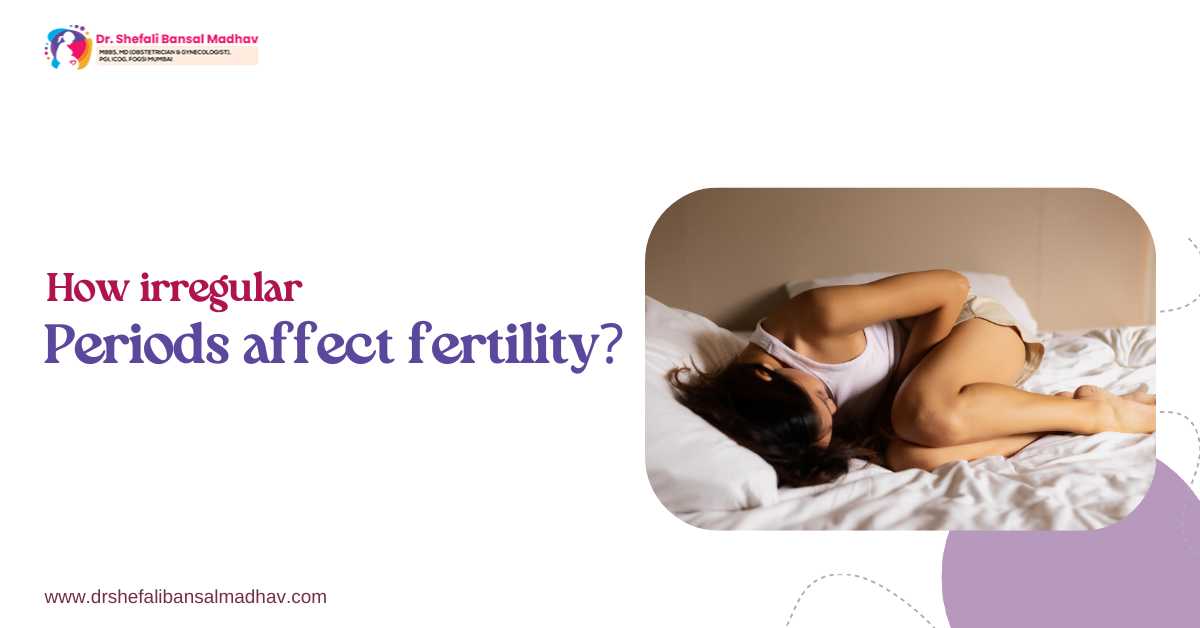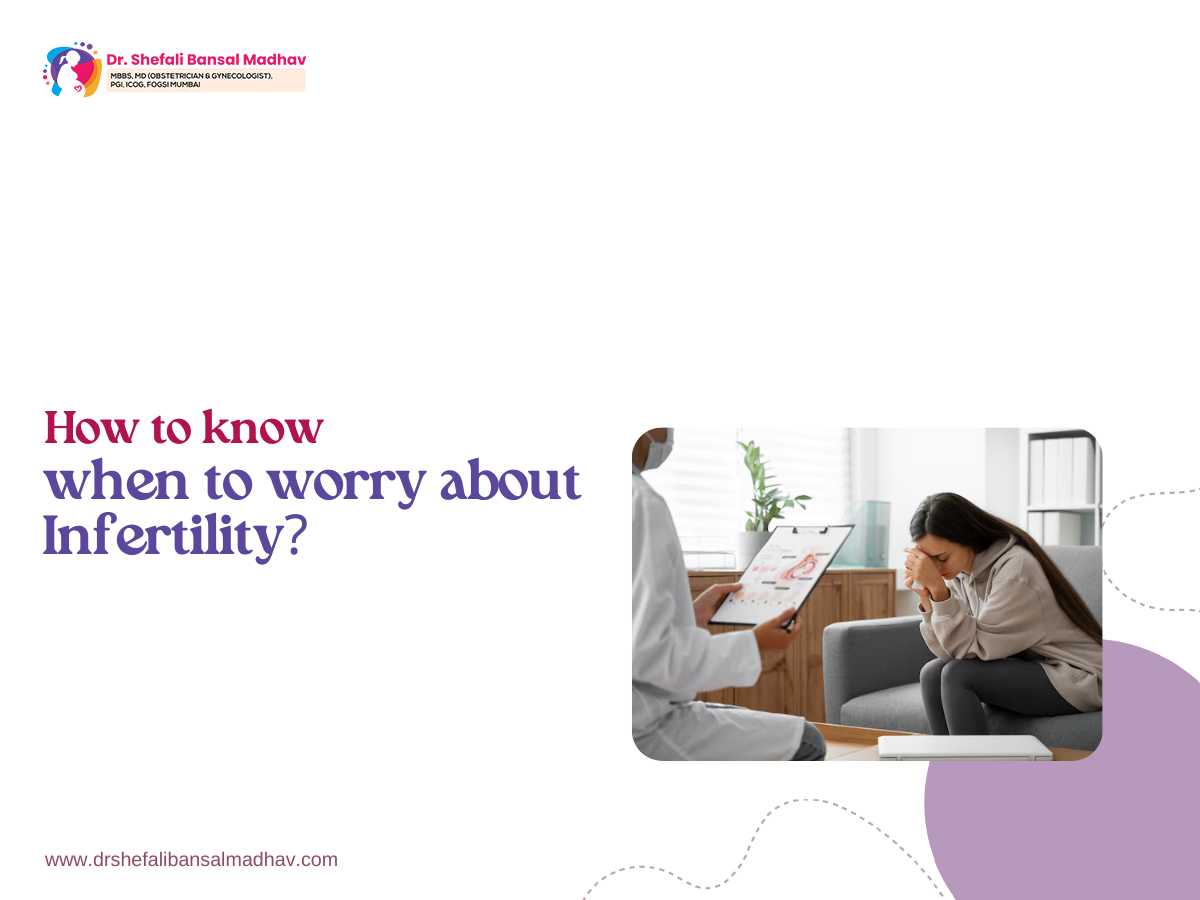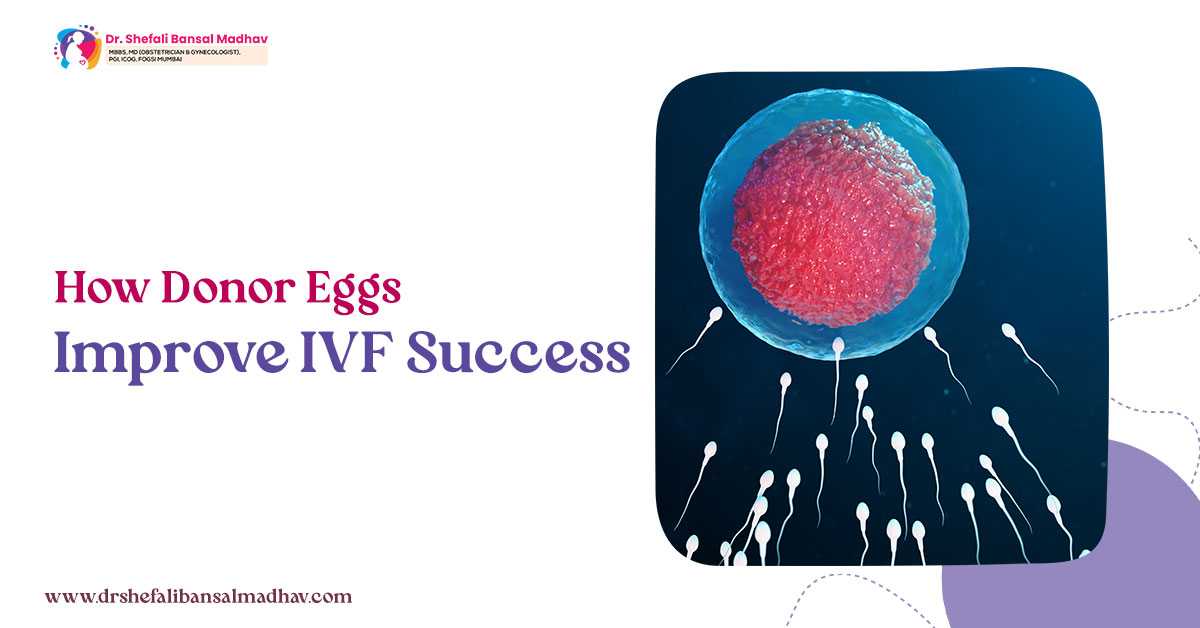An inability to get pregnant or infertility has multiple reasons. It may have an underlying cause or is unexplained infertility. Seeking medical attention is best since you get to know the reason. While some people benefit from lifestyle changes, some people need treatment. And it is not always IVF. There are other infertility care options available.
Consult the top infertility specialist in Siliguri for all-inclusive health support to fight infertility. This blog shares some common reproductive health disorders in men and women that can cause infertility.
Female Factor Infertility
Polycystic Ovary Syndrome (PCOS)
Polycystic Ovary Syndrome (PCOS) is very common in women, but up to 70% of women with PCOS remain undetected. It is one of the most common causes of female infertility, which affects bout 8-13% of reproductive-age females.
It is a hormonal disorder that causes multiple small cysts on the ovaries, missing menstrual cycles, heavy bleeding, and more androgens (male hormones) in females, hirsutism, etc.
Women with PCOS more often notice irregular or absent ovulation. Problems with ovulation make it difficult to conceive. Furthermore, insulin resistance due to PCOSmay complicate female fertility.
Endometriosis
Endometriosis is a painful and chronic condition, which affects about 5%-10% of women and girls globally.If a woman has endometriosis, it means the tissue that normally lines the inside of the uterus (endometrium) grows outside her uterus.
This abnormal growth is commonin the ovaries, fallopian tubes, and other pelvic organs. But, it can grow in the intestine as well. If endometriosis remains untreated, it can cause scar tissue and adhesions, which may affect reproductive anatomy. These can cause a hole to grow in the womb, bowel, or bladder.
Tubal Factor Infertility
Tubal factor infertility meanseither fallopian tubes are blocked or damaged.If so, the, the blaockage will prevent the egg and sperm from meeting. Previous pelvic surgeries, severe infections, endometriosis, etc., can cause this problem.
Uterine Fibroids
Uterine fibroids are non-cancerous growths that affect about 40-80% of women during the childbearing phase. These fibroids develop in or on the uterus and may not cause symptoms.
In some cases, uterine growth can interfere with fertility. Also, fibroids can alter the shape of the uterus, cause anemia, block the fallopian tubes, etc. The chance of infertility from uterine fibroids is low. For about 1-2.4% of infertility cases are associated with fibroids.
Pelvic Inflammatory Disease (PID)
An infection of the uterus, ovaries, or fallopian tubes from PID can trouble fertility.Untreated chlamydia and gonorrhea are mostly responsible.
Inflammation and scarring in the fallopian tubes from PID can of the fallopian tubes can block the passage of eggs from the ovaries to the womb. The risk of infertility and an ectopic pregnancy are both there.
Male Factor Infertility
Varicocele
A varicocele is one of the factors that can affect male fertility. It means an enlargement/ swelling of the veins within the scrotum. This condition increases the temperature in the testicles, which is more likely to affect sperm production and quality.
Ejaculation Disorders
While ejaculation-related issues are common, chronic or ongoing problems aren’t. Conditions like retrograde ejaculation, where semen enters the bladder instead of the penis. Chronic ejaculation problems prevent sperm from reaching the egg and fertilization. You can visit one of the top infertility doctors in Siliguri.
Hormonal Imbalances
Low levels of testosterone or a higher amount of estrogen in the male body may disturb fertility. Low-T is not always the cause of infertility and men with low-T can still procure quality sperm to fertilize an egg. However, low testosterone causes low sex drive and low sperm count.
Infections
Some infections disturb sperm production and affect sperm health, causing fertility issues in men. These include inflammation of the epididymis and testicles. There are sexually transmitted infections, such as HIV, and gonorrhea, can cause testicular damage.
Undescended Testicles
In some men, undescended testicles may lead to reduced fertility. It happens during fetal development in one or both testicles. This condition prevents sperm production.
Prior Surgeries
Some surgeries in men may affect their fertility, such as vasectomy, testicular surgery, large abdominal surgeries, and prostate surgeries. Consult your infertility specialist in Siliguri to treat male infertility.
Effective diagnosis, lifestyle advice, and medical care can resolve your fertility problems. Reach out to the best infertility doctor in Siliguri, offering comprehensive support and advanced treatment options.







